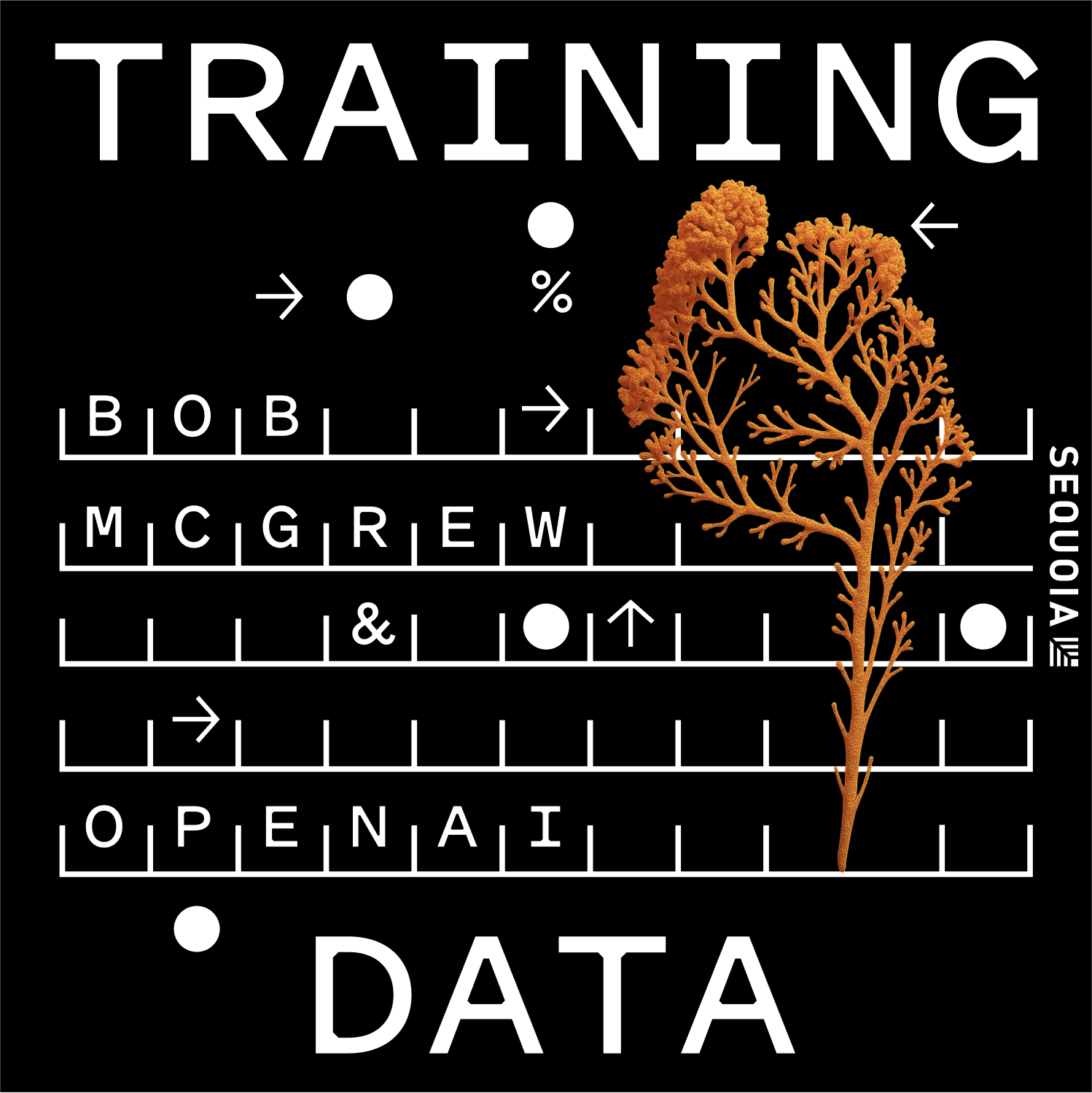
The Breakthroughs Needed for AGI Have Already Been Made: OpenAI Former Research Head Bob McGrew
🤖 AI Summary
Overview
Bob McGrew, former Chief Research Officer at OpenAI, explores the foundational breakthroughs in AI that he believes will shape the next decade, including reasoning, pre-training, and post-training. He discusses the diminishing returns of pre-training, the transformative potential of reasoning, and the implications of AI agents on industries and startups. McGrew also shares insights on robotics, proprietary data, coding, and how AI is reshaping education and personal agency.
Notable Quotes
- By the time you've made an AI model out of it, now there's effectively an infinite number of lawyers. And so it's not scarce at all.
– Bob McGrew, on how AI agents will disrupt traditional economic models.
- AI should make you an expert at the things you want to do, and it should remove the burden of doing the boring things you don’t want to do.
– Bob McGrew, on the ideal relationship between humans and AI.
- Loyalty in the end is the thing that unlocks all of the other things that you want in management.
– Bob McGrew, on managing high-performing individuals in research organizations.
🧠 The Trifecta of AI: Pre-training, Post-training, and Reasoning
- Bob McGrew explains the three pillars of AI development:
- Pre-training: While foundational, it is hitting diminishing returns due to the exponential compute required for incremental intelligence gains. Future improvements will focus on architectures and inference efficiency.
- Post-training: Focuses on crafting model personalities, requiring human expertise to define appealing and effective behaviors.
- Reasoning: The emerging frontier, enabling models to think step-by-step and use tools. McGrew predicts reasoning will dominate AI advancements in 2025.
🤖 Robotics: Why Now Is the Moment
- Robotics is transitioning from research to commercialization, thanks to advancements in large language models (LLMs) and vision encoders.
- Companies like Physical Intelligence can now tackle diverse tasks (e.g., laundry folding, packing egg crates) in months, leveraging the tech stack developed over the last decade.
- McGrew contrasts this with earlier efforts, like teaching robots to manipulate a Rubik’s Cube, which were highly specialized and time-intensive.
💼 The Agent Economy and Startup Opportunities
- AI agents will be priced at the cost of compute due to competition, disrupting industries like law and medicine by creating near-infinite supply.
- Startups should focus on areas outside the scope of Frontier Labs, such as enterprise-specific workflows or robotics.
- McGrew highlights companies like Distyl and Palantir AIP, which integrate proprietary business context into AI systems, as examples of defensible opportunities.
👨👩👧👦 AI and Education: Sparking Curiosity and Agency
- McGrew shares how his children use ChatGPT to explore hobbies like coin collecting and build projects like Arduino-based devices.
- He emphasizes teaching kids the process of learning and fostering agency, rather than relying on AI for rote tasks.
- AI enables children to access expertise and answers instantly, transforming their ability to pursue interests and deepen knowledge.
🔒 Security in an Agentic World
- AI accelerates offensive cybersecurity capabilities, increasing the need for agentic defensive systems.
- McGrew highlights Outtake, a company leveraging AI to automate cybersecurity workflows with minimal human input.
- He sees parallels between this shift and the disruption caused by the transition from web to mobile, creating opportunities for startups to outpace legacy systems.
AI-generated content may not be accurate or complete and should not be relied upon as a sole source of truth.
📋 Episode Description
As OpenAI's former Head of Research, Bob McGrew witnessed the company's evolution from GPT-3’s breakthrough to today's reasoning models. He argues that there are three legs of the stool for AGI—Transformers, scaled pre-training, and reasoning—and that the fundamentals that will shape the next decade-plus are already in place. He thinks 2025 will be defined by reasoning while pre-training hits diminishing returns. Bob discusses why the agent economy will price services at compute costs due to near-infinite supply, fundamentally disrupting industries like law and medicine, and how his children use ChatGPT to spark curiosity and agency. From robotics breakthroughs to managing brilliant researchers, Bob offers a unique perspective on AI’s trajectory and where startups can still find defensible opportunities.
Hosted by: Stephanie Zhan and Sonya Huang, Sequoia Capital
Mentioned in this episode:
-
Solving Rubik’s Cube with a robot hand: OpenAI’s original robotics research
-
Computer Use and Operator: Anthropic and OpenAI reasoning breakthroughs that originated with OpenAi researchers
-
Skild and Physical Intelligence: Robotics-oriented companies Bob sees as well-positioned now
-
Distyl: AI company founded by ex-Palintir alums to create enterprise workflows driven by proprietary data
-
Member of the technical staff: Title at OpenAI designed to break down barriers between AI researchers and engineers
Howie.ai: Scheduling app that Bob uses
